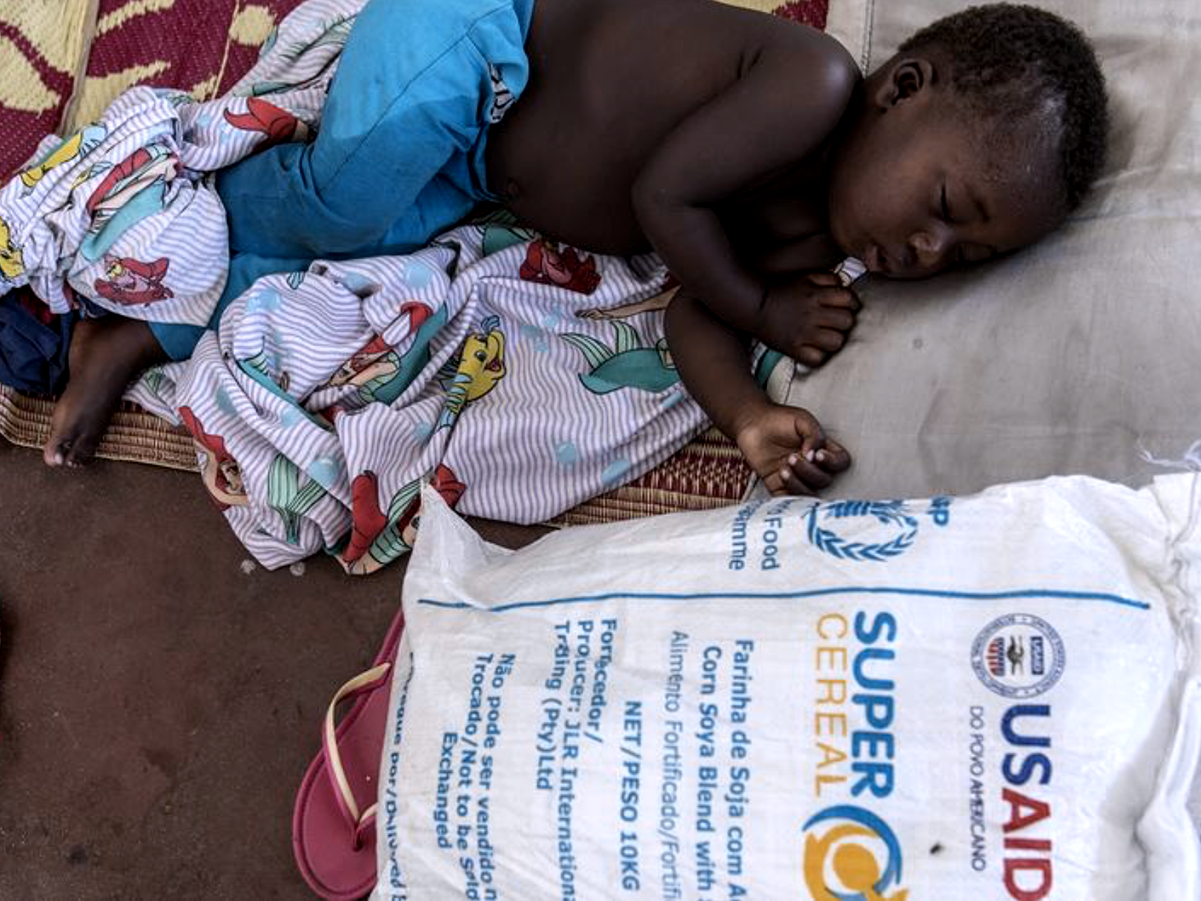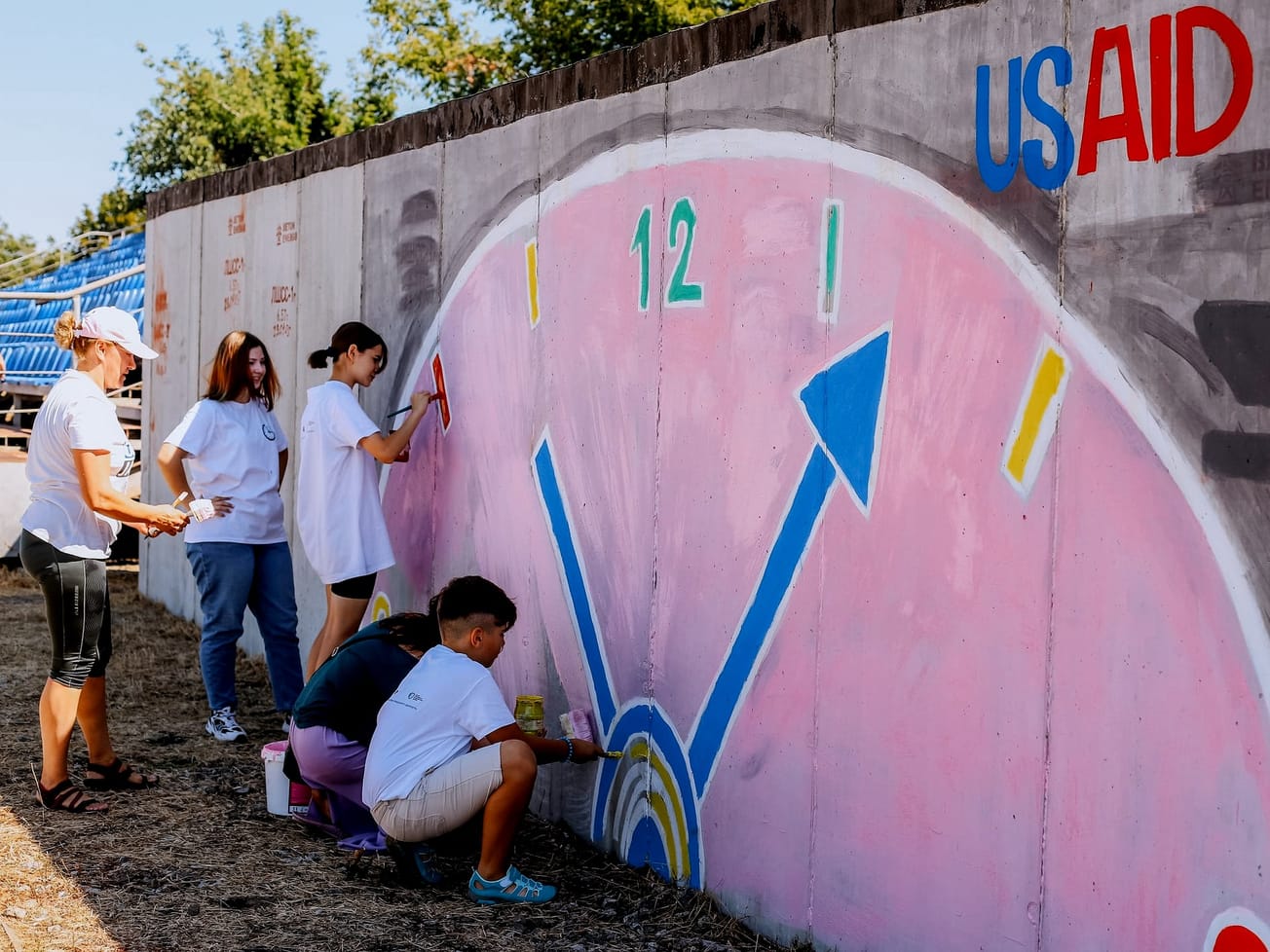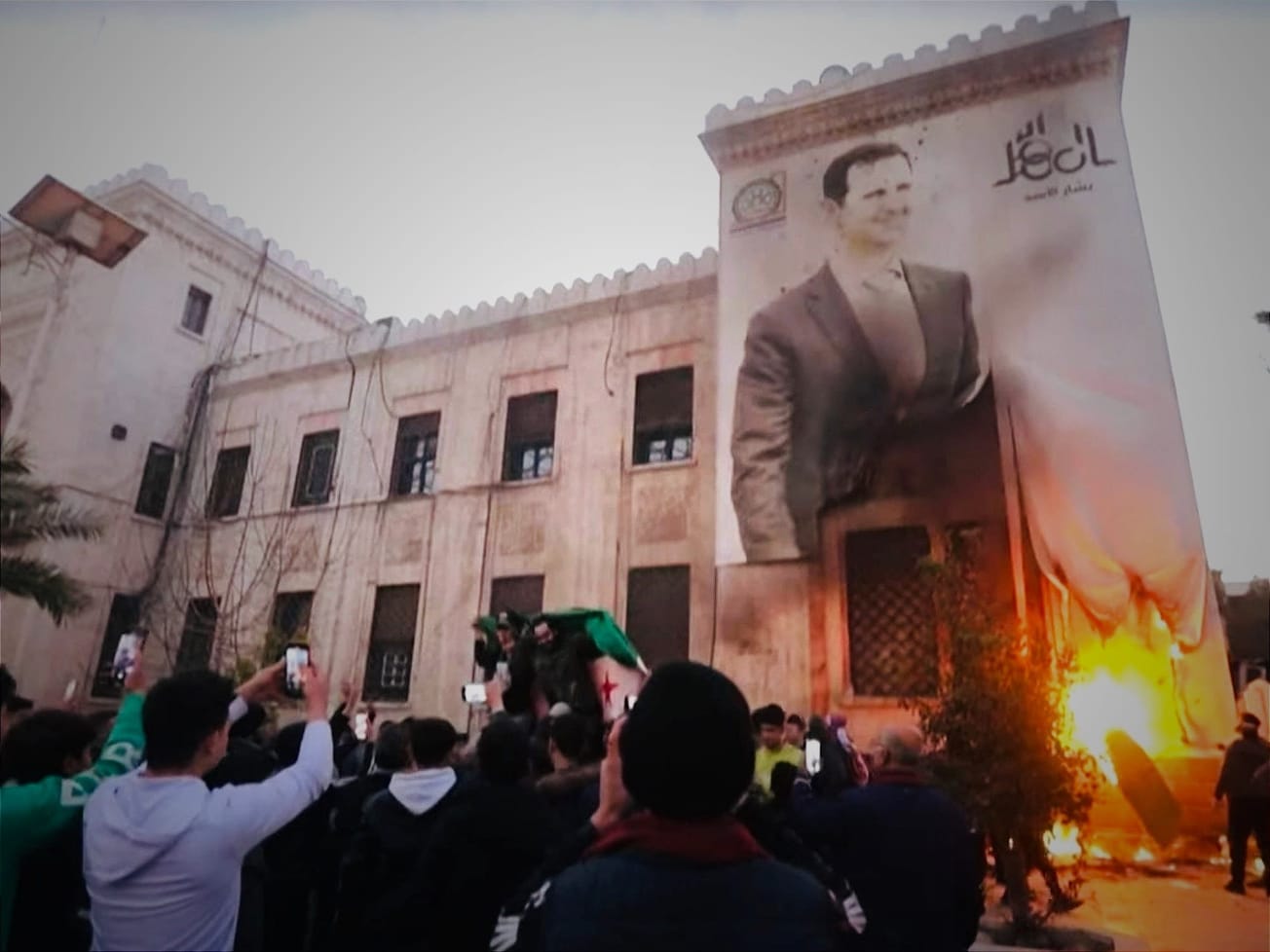The untimely convergence of soaring temperatures, erratic weather and Vladimir Putin’s worldview through a lens of anger and suspicion means a lot more poor people could be going hungry in the foreseeable future.
The Russian president’s announcement earlier this month that he was backing out of a U.N.-administered agreement that had allowed Ukraine to export tens of millions of metric tons of food sent grain prices up as much as 17% in the first week, while sparking outrage in global capitals.









